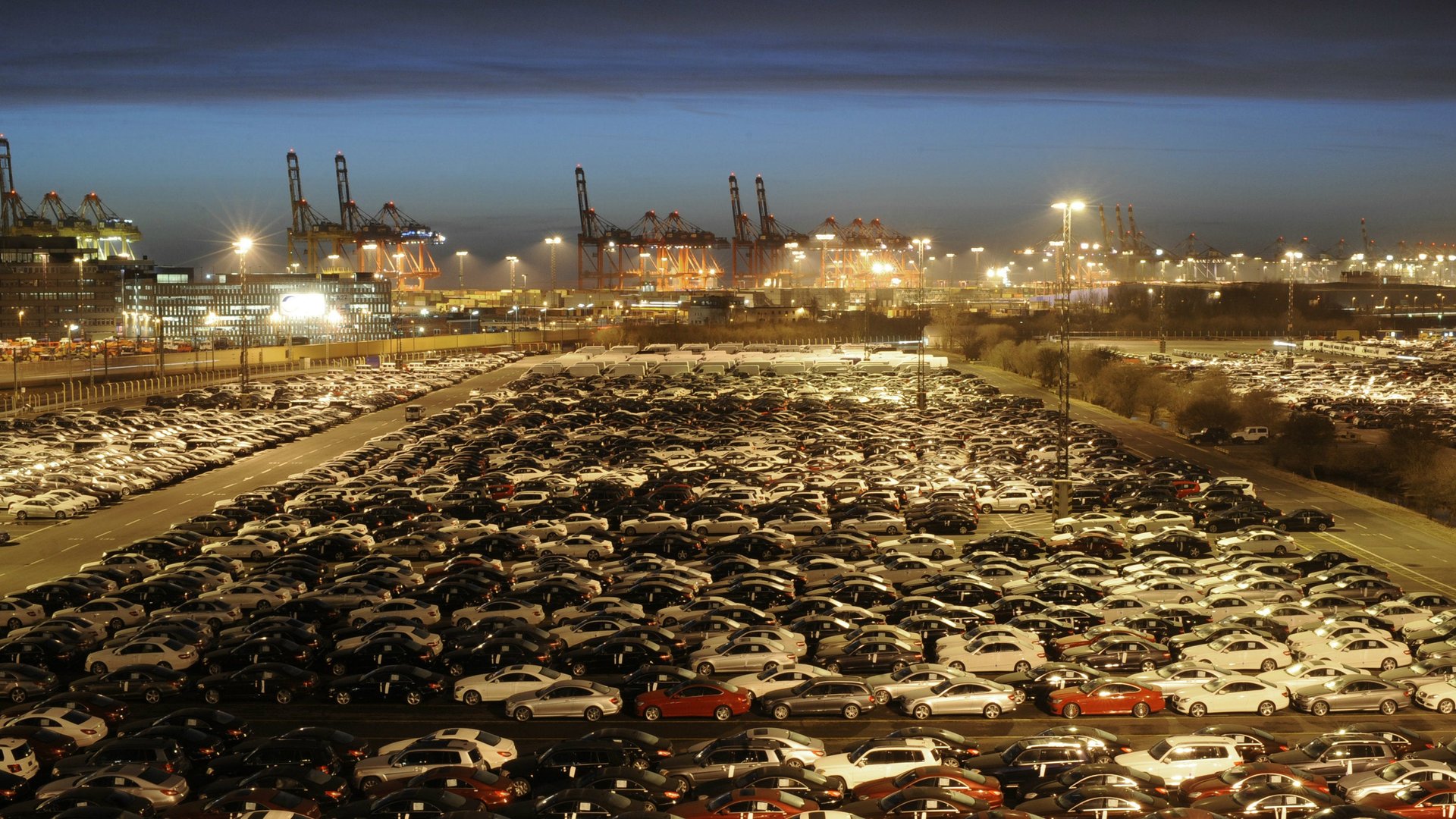The mood of German businesses has rarely been so split on the buoyant present versus the bleak future
Although German businesses’ optimism about the future dropped for an eighth straight month, according to data released this week, execs have been much gloomier before. German firms are also still pretty buoyant about the current state of Europe’s largest economy, according to a long-running survey conducted by the Ifo Institute.


Although German businesses’ optimism about the future dropped for an eighth straight month, according to data released this week, execs have been much gloomier before. German firms are also still pretty buoyant about the current state of Europe’s largest economy, according to a long-running survey conducted by the Ifo Institute.
But the steady fall in future confidence, coupled with only modest declines in optimism about the present, means that the two indicators are now further apart than at almost any time in recent history. To put in another way: The last time German businesses were so much more pessimistic about the future versus the present was in late 2008, during the worst of the global financial crisis.
What’s to blame? Germany’s economy is particularly exposed to global headwinds, due to its reliance on exports. And nothing has caused more turbulence in the world economy of late than Donald Trump’s aggressive approach to addressing grievances with US allies. Trump’s burgeoning trade war with China is foreboding enough—but the threat of US tariffs on EU vehicle imports has shaken Germany’s colossal auto sector. The Dieselgate scandal has driven a plunge in domestic car sales, already putting German carmakers under pressure.
Trump’s ongoing war of words with German chancellor Angela Merkel isn’t exactly encouraging. Earlier this month, the US president accused Germany of being ”totally controlled by Russia,” and the last summit between the two leaders ended in acrimony over—what else—trade.